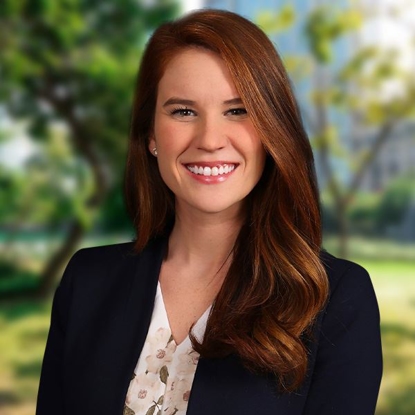
Grandparent & Third-Party Visitation & Custody Lawyers in Montgomery County
Under certain circumstances, Pennsylvania law will allow a grandparent or third party to petition the court for an award of legal and/or physical custody. The requirements for a grandparent or third party to have standing to pursue custody are very specific depending upon the type of custody sought. The attorneys at Shemtob Draganosky Taylor Stein, PC are well-versed in pursuing custody rights on behalf of grandparents and third parties.
Grandparent Custody & Visitation
In Pennsylvania, a grandparent of a child can bring an action for any form of custody (primary, partial, visitation, etc.) when the following occur.
The grandparent’s relationship with the child began either with the consent of a parent of the child or under a court order, the grandparent assumes or is willing to assume responsibility for the child and either:
(1) the child has been determined to be a dependent child under Pennsylvania law; or
(2) the child is substantially at risk due to parental abuse, neglect, drug or alcohol abuse or incapacity; or
(3) the child has, for a period of at least 12 consecutive months, resided with the grandparent.
In addition, grandparents and great-grandparents, with the assistance of a lawyer, may file an action for partial physical custody or supervised physical custody in the following situations:
(1) where the parent of the child is deceased;
(2) where the parents of the child have been separated for a period of at least six months or have commenced and continued a proceeding to dissolve their marriage; or
(3) when the child has, for a period of at least 12 consecutive months, resided with the grandparent or great-grandparent, excluding brief temporary absences of the child from the home, and is removed from the home by the parents. An action must be filed within six months after the removal of the child from the home.
Once the lawyer for a grandparent or great-grandparent files an action for custody, a family court judge will analyze a host of factors in crafting an appropriate custody order, including the parent’s/grandparent’s ability to appropriately care for the child and provide for the child’s physical, educational, and emotional needs; who has provided parental duties for the child; any history of drug or alcohol abuse; and several other factors.

Vigorously Representing Clients to Achieve Their Goals
Former Clients Say It Best
-
"Highly experienced, client-focused and efficient service"
I appreciated David Draganosky’s informed guidance and willingness to move forward diligently, which set the stage for a favorable resolution. Your firm’s reputation for highly experienced, client-focused and efficient service is well-deserved.
- Former Client -
I was wary about my rights as a father with my children and concerned about having enough time with them during the week and for holidays and breaks from school. Your help in hammering out a very detailed and fair custody agreement was appreciated more tha- Former Client
-
Lori Shemtob and her associates were the perfect choice. Lori has the perfect demeanor to defuse any volatile situation.- Former Client
-
Cynthia’s practical knowledge of negotiation and the law helped me in a tense situation where my ex-husband did not want me to take the kids with me and then refused to pay any support.- Former Client
Third-Party Custody & Visitation
A third party can bring an action for any form of custody when the following occur:
(1) the individual has assumed or is willing to assume responsibility for the child;
(2) the individual has a sustained, substantial, and sincere interest in the welfare of the child (considering, among other factors, the nature, quality, extent, and length of the involvement of the individual in the child’s life); and
(3) neither parent has any form of care or control of the child.
However, third parties may not have these rights if a dependency proceeding involving the child has been initiated.
Contact us to learn more.

Our FAQ
Have questions? We are here to help. Still have questions or can't find the answer you need? Give us a call at 215-544-3974 today!
-
How long has same-sex marriage been legal in Pennsylvania?
Pennsylvania has recognized same-sex marriages since May 2014 when a U.S. federal district court judge ruled that Pennsylvania’s 1996 statutory ban on the recognition of same-sex marriage was unconstitutional. Before then, Pennsylvania prohibited same-sex marriage and refused to recognize same-sex marriages performed in other states. In June 2015 the U.S. Supreme Court ruled in Obergefell v. Hodges that all states must issue marriage licenses to same-sex couples and recognize same-sex marriages validly performed in other jurisdictions. This significant decision legalized same-sex marriage throughout the United States.
-
What Should I Do Before Contacting Your Firm?It can help to gather key documents, such as basic financial records and any existing custody paperwork, and to think about your main concerns and goals. You do not need everything perfectly organized. Our role is to help you sort through information and identify next steps during the consultation.
-
Are Same-Sex Divorces Treated Differently Under Pennsylvania Law?
Pennsylvania law applies the same divorce and custody standards to same-sex and different-sex spouses. That said, the history of your relationship and parentage can raise unique questions. We pay close attention to those details and advocate for fair treatment of your family within the existing legal framework.


Meet the Team
Reputable & Trusted Family Law Attorneys








